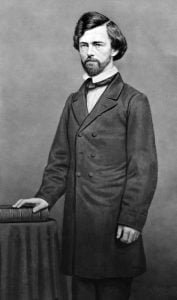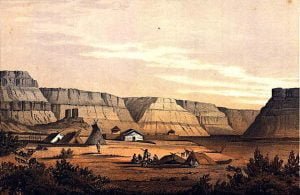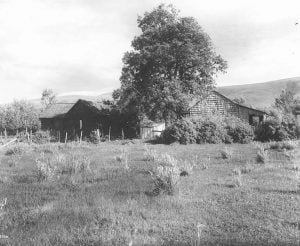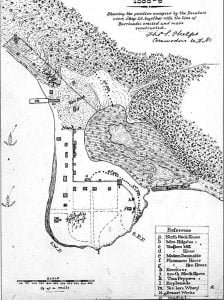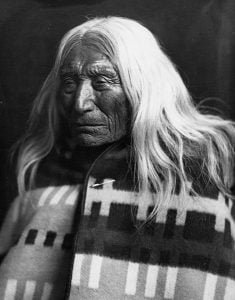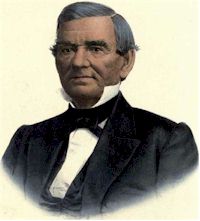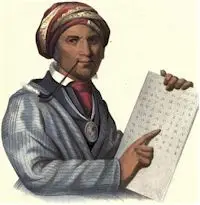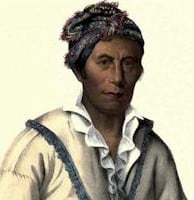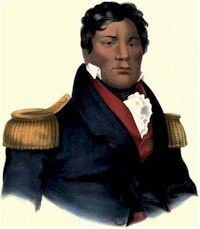The Winter of 1855-1856
It will be recalled that Governor Stevens of Washington Territory had been marooned to the northeast by the war. Fort Bennett received him late in the day on December 20, 1855. He had exhibited a rare insight into Indian character in his masterly conduct of treaty negotiations. Governor Stevens had left Walla Walla in June, 1855, with an escort of Nez Perce and had spent some time in establishing a spirit of cooperation with the Kootenai, Pend d’Oreilles, and Flathead tribes before visiting the Blackfeet. In October, having concluded a treaty with the latter tribe, he prepared to return home. … Read more

